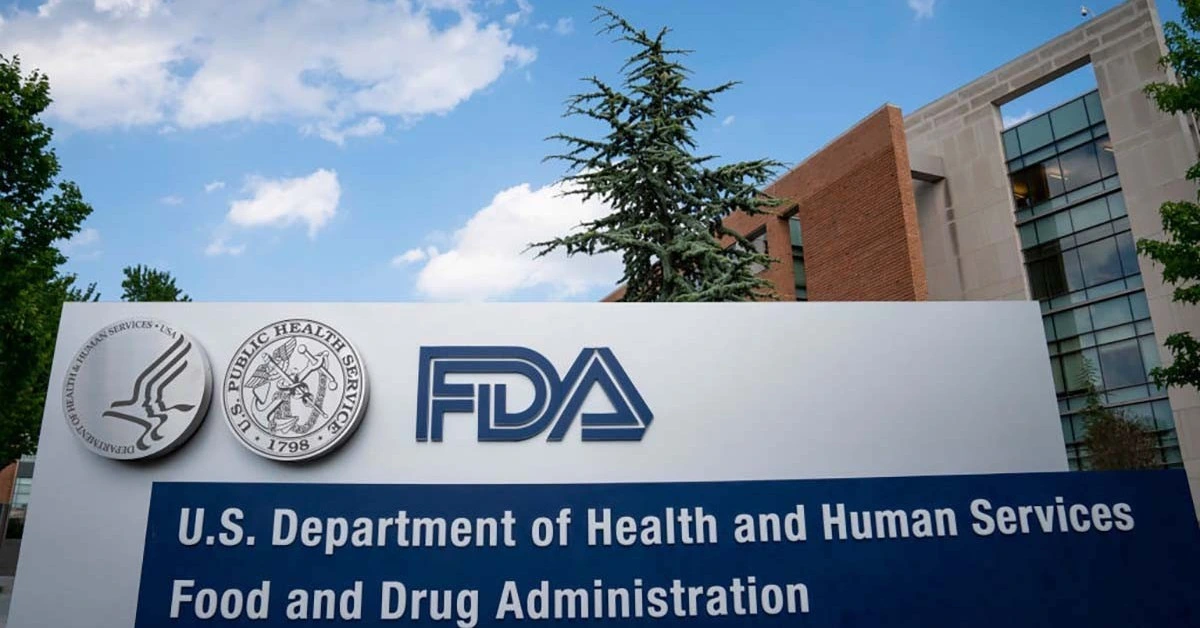
USA – Several Food and Drug Administration (FDA) staff members reviewing Elon Musk’s Neuralink project were recently laid off as part of broader workforce reductions across multiple government agencies.
These job cuts are being directed by the Department of Government Efficiency (DOGE), a newly created body led by Musk to streamline federal agencies.
According to a Reuters report, 20 employees from the FDA’s Office of Neurological and Physical Medicine Devices were affected, including some responsible for reviewing brain-computer interface (BCI) devices like Neuralink.
However, sources cited in the report suggested that the layoffs were not specifically aimed at those involved with Neuralink’s applications.
The FDA layoffs primarily targeted individuals in their probationary period, particularly those working on medical device research and approvals.
Employees from the Centers for Disease Control and Prevention (CDC) and the National Institutes of Health (NIH) also received termination letters over the weekend. This followed President Donald Trump’s verbal announcement on Friday about plans to cut government jobs.
Musk’s role in government efficiency and Neuralink scrutiny
The DOGE agency was formally established on January 20 through an executive order signed by President Trump. It replaced the U.S. Digital Service, originally created by President Barack Obama in 2014, and now operates under the Executive Office of the President.
Meanwhile, Neuralink continues to face scrutiny from lawmakers over its animal testing practices.
In May 2023, eight members of Congress sent a letter to the U.S. Department of Agriculture (USDA) and Animal and Plant Health Inspection Service (APHIS), referencing reports of possible Animal Welfare Act violations.
Lawmakers expressed concerns over a conflict of interest in Neuralink’s Institutional Animal Care and Use Committee (IACUC), which oversees animal testing protocols.
The committee allegedly consists mainly of company employees with financial stakes in the animal studies they evaluate.
The letter also claimed that some committee members report directly to their chairperson in regular Neuralink roles, raising ethical concerns.
SEC investigation and Musk’s response
Beyond regulatory concerns, Musk is also facing legal challenges. In September 2023, four U.S. lawmakers asked the Securities and Exchange Commission (SEC) to investigate whether Musk committed securities fraud by misleading investors about the safety of Neuralink’s brain implant.
In December, Musk responded on X (formerly Twitter) by sharing a letter from his attorney addressed to SEC Chair Gary Gensler, who had reopened an investigation into Neuralink.
Musk openly criticized the SEC, calling it “just another weaponized institution doing political dirty work.”
The letter, published on December 12, claimed that the SEC gave Musk 48 hours to either accept a monetary settlement or face multiple charges related to his US $44 billion Twitter takeover.
The letter also accused the SEC of harassing Musk for six years through ongoing investigations. Gensler, whose SEC chair term was supposed to end in 2026, resigned on Trump’s inauguration day.
Reports suggest that Musk’s DOGE agency will soon take action at the SEC as part of the administration’s cost-cutting efforts.
XRP HEALTHCARE L.L.C | License Number: 2312867.01 | Dubai | © Copyright 2025 | All Rights Reserved